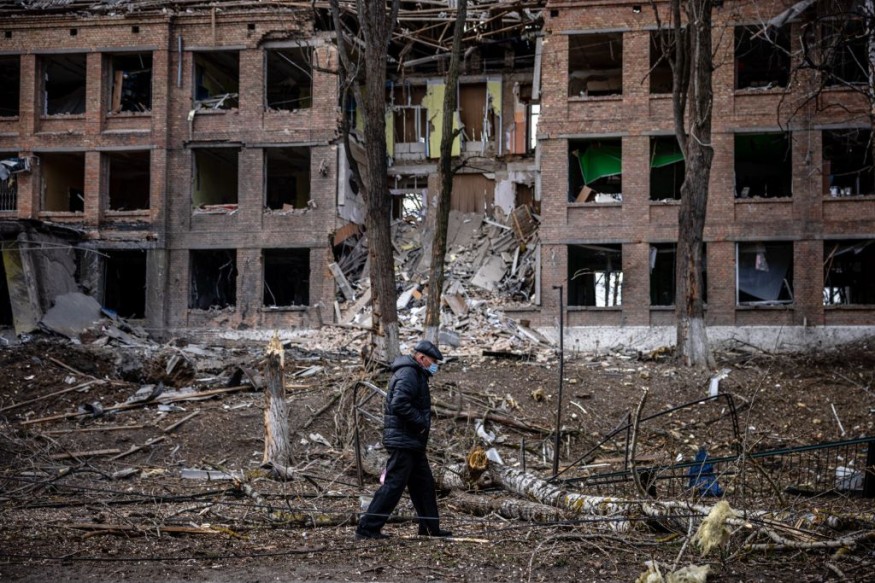On Thursday, Russian forces launched missile attacks and shelling against Ukraine, igniting a significant escalation of the violence in the region. Experts believe that while a nuclear war seems unlikely, Russian President Vladimir Putin has made direct nuclear threats.
"No matter who tries to stand in our way or... create threats for our country and our people, they must know that Russia will respond immediately, and the consequences will be such as you have never seen in your entire history," Putin said when announcing his invasion of Ukraine on February 24.
Russia-Ukraine War

A senior US defense official claimed that Russia had launched around 200 missiles since the attack began at a Friday news conference. According to the latest tally from the United Nations High Commissioner for Human Rights, at least 25 people have been killed in the fighting.
The researchers who spoke to Vox when Russia first invaded Ukraine argued that while a nuclear strike is unlikely, it is nonetheless a matter of concern, given that the invasion launched Europe's greatest military operation since WWII.
Kristensen stated, "I'm more concerned than I was a week ago." He noted that in reaction to Putin's remarks, NATO upped its readiness levels for "all contingencies" and that increased military buildup comes with growing uncertainty. "That's the fog of battle. From there, twists and turns can emerge, leading you down a route you couldn't have predicted a week ago."
When questioned about Putin's decision to raise nuclear alert levels, Kristense claimed that Putin has once again taken another unnessecary step to raise the situation in what seems to be a direct nuclear threat. "There is nothing in Russia's stated public nuclear doctrine that justifies this," he added.
Related Article : Smoke From Nuclear War May Eradicate Humans by Threatening Global Food Supplies, Warn Experts
Radioactive Fallout From Nuclear War

An all-out nuclear war between two powerful countries would produce more radioactive fallout if the weapon hit land, as earth and other elements would be hurled into the atmosphere.
However, if a country dropped the bomb in mid-air, the shockwaves would ricochet off the ground and reinforce one another, resulting in a significantly bigger area of destruction, according to Drozdenko.
According to the Environmental Protection Agency, this "airburst" might also carry radioactive materials as high as 50 miles into the atmosphere.
How Nuclear War May Impact the Environment
Research into the full effects of nuclear war has been done, hidden, and done again over the years. Due to regional cooling and soot blasted up into the atmosphere, nuclear war, even on a small scale, would bring mortality in addition to those initially hurt in the blast.
Due to nuclear winter, reduced sunlight, and decreased rainfall, a wider war might result in a decade of global starvation. Furthermore, a huge battle might deplete substantial portions of the ozone layer, which protects the Earth from damaging UV radiation, resulting in significantly reduced ocean life, less healthy plant life, and long-term problems resulting from the ozone loss.
Any nuclear war would kill many more people than those caught in the initial blast, and a wider war would have far-reaching consequences for life on Earth in the future.
Even a single nuclear bomb is hazardous to the environment, but an all-out conflict would be disastrous.
For similar news, don't forget to follow Nature World News!
© 2025 NatureWorldNews.com All rights reserved. Do not reproduce without permission.





